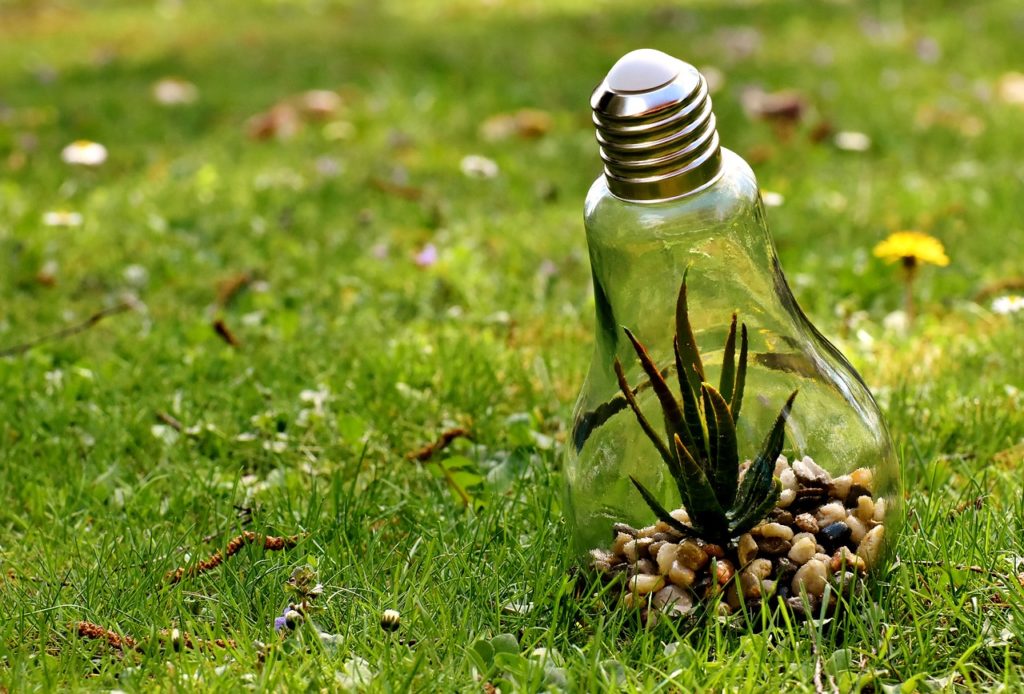There’s a lot of chatter about smart home technology, and whether or not it is good for us, for our kids, for our pets, for our brain development, for our future…but what about our environment? Let’s be honest, we need to do everything we can for our environment – to protect, to sustain it, to nurture it. If we don’t do it, no one else is going to.
So, instead of ho-humming about what a waste or danger smart technology is, I’d like to talk about how it might save us from the worst of ourselves. I mean, someone or something has to, right?
So, the obvious thing to call out here is that using some smart home technology can result in energy and water efficiency.
Beyond that, though, it can bring technology to people that might otherwise have a difficult time accessing and using those devices to the benefit of our environment.
Here are a few examples.
Composting
For those that live in apartments or small homes with limited space, composting can be an out-of-reach dream. It just takes up too much space, makes noise and can leave an odor that permeates everything in the home. No matter how much you love the environment, there are some things that you just can’t make work.
That’s where high-tech composting enters to save the day. I’ll admit that this area of technology isn’t quite as “smart” as the other home technology that is out these days, but let’s just skip past that fact. There’s wiggle room when you’re trying to save the environment.
There are some at-home composting devices on the market, but I’m going to talk about the Food Cycler Platinum, which helps small space dwellers commit to small waste promises. The device isn’t small by any means, but it can fit on your countertop. Maybe just find a place to store your toaster when you’re not using it, since it doesn’t help you save the environment.
This compact machine lets you dump in your scraps, then press a button to break them all down. You don’t have to get your hands dirty, and there won’t be a mess or odor to deal with. The noise is minimal – pretty much similar to the sound volume that a dishwasher makes. There is a filter monitoring system, so actually, I guess it is a little smart. It’s also a bit pricey at about $400 but worth it because again, the environment.
Smart Gardens
There are also options that help those that lack an outdoor space grow and maintain an indoor garden. These are often self-sustaining, and they help food growth reach sustainability, while contributing a healthy atmosphere to your individual home. Most smart garden products are going to use energy efficient lighting and have water tanks that help reduce waste. Devices like Click and Grow also use “smart soil” which helps you get it right and keeps your plants healthy.
